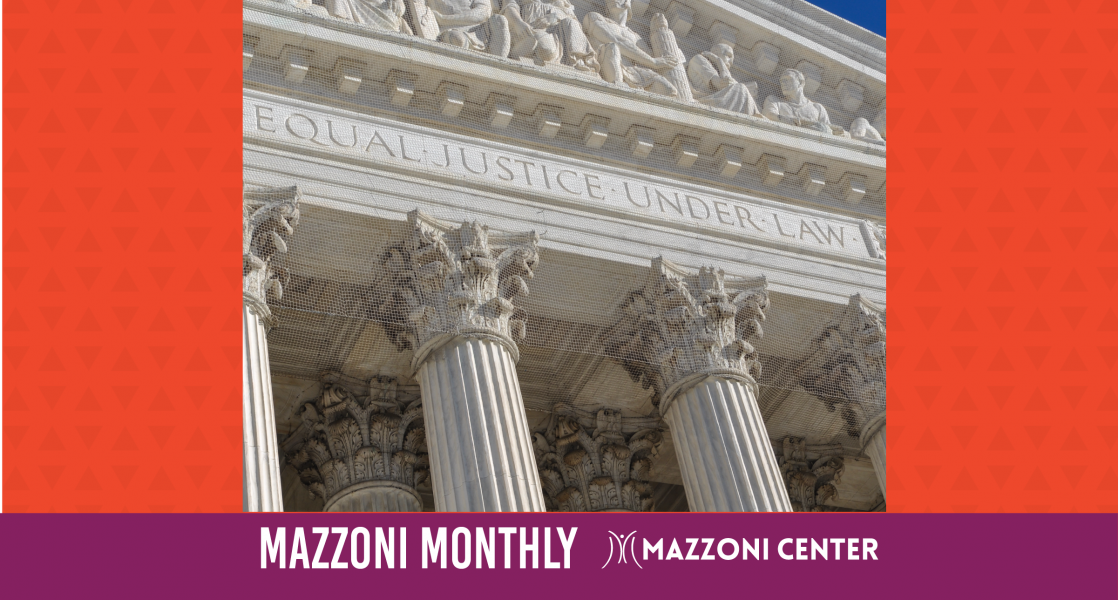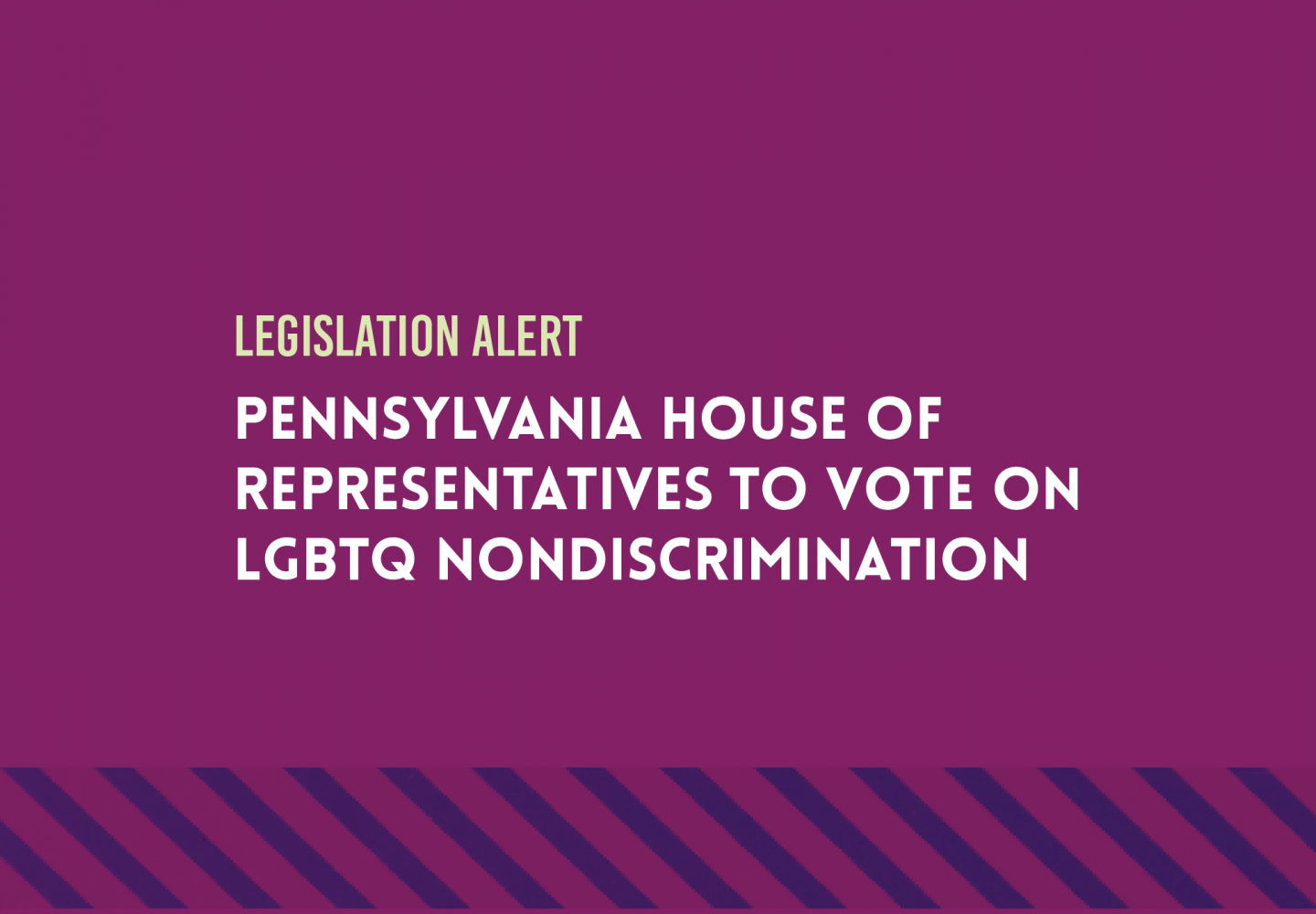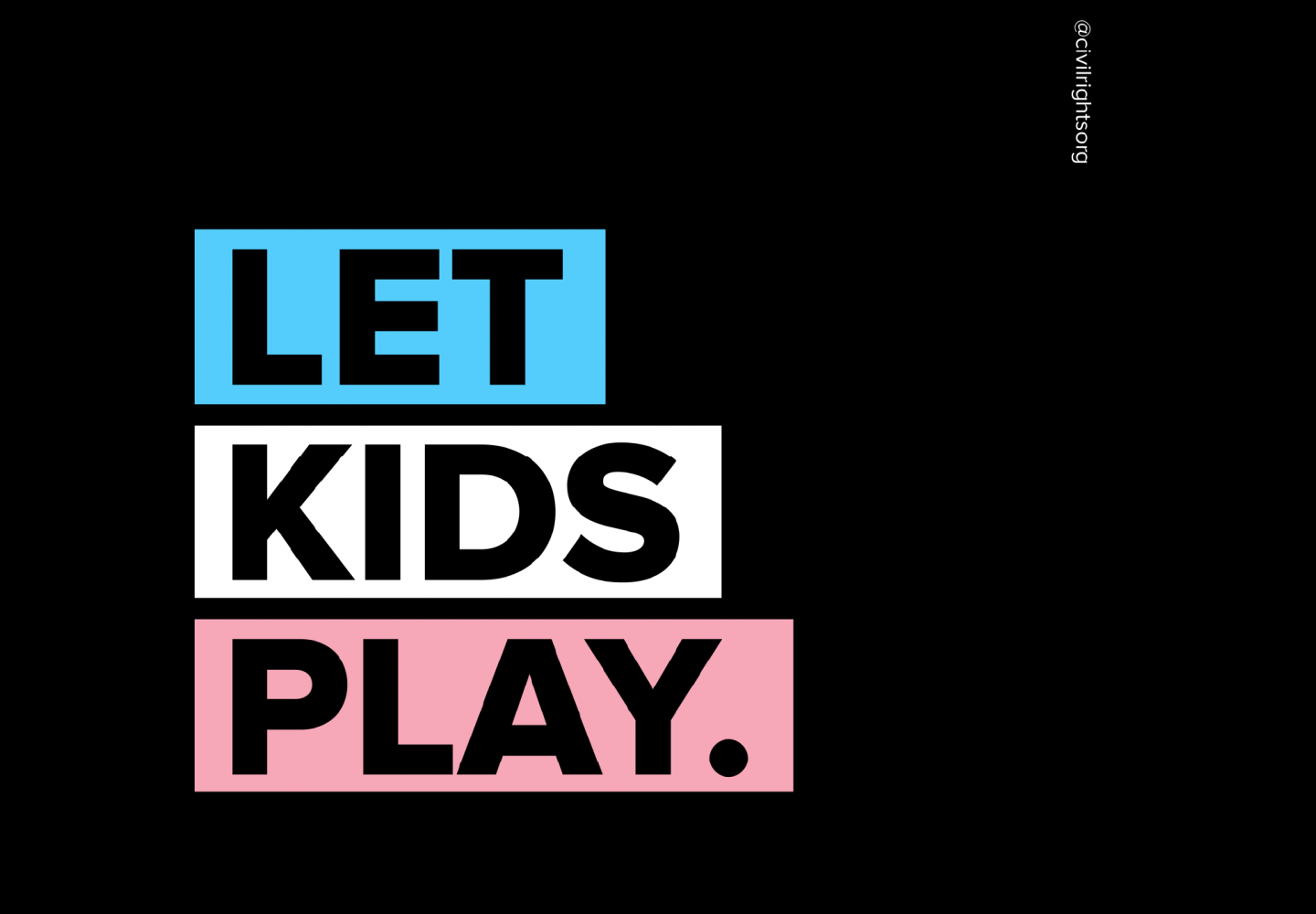A Disappointing Supreme Court Decision
A Disappointing Supreme Court Decision

Last week, as LGBTQIA+ Pride Month concluded, we were presented with a stark reminder (not that we needed it) that with the gains our community has made, full equality is a promise unfulfilled.
At the U.S. Supreme Court, a would-be website designer won the right to refuse to create wedding websites for same-gender couples in 303 Creative v. Elonis. In this dubious case, the U.S. Supreme Court issued a ruling that – partly, at least – addressed a question it had previously avoided: whether businesses have a constitutional right to discriminate against customers.
The case was brought by Lorie Smith, a website designer in Colorado who wanted to design wedding websites for different-gender couples while turning away same-gender couples. Colorado’s
antidiscrimination law prohibits business that offer services to the public from turning people away based on specified protected characteristics that include sex, gender identity, and sexual orientation.
As the Supreme Court majority described it, the services that 303 planned to offer included “speech for fee” in the form of uniquely customized wedding sites – and Smith claimed that if she were required to create sites for same-gender couples she would have to engage in speech that she objected to. Without starting to offer wedding websites, the designer sought a court ruling that she could disregard Colorado’s antidiscrimination laws because her right to free speech under the First Amendment allows her to turn away couples if she did not agree with their marriages.
In a disappointing first, the Supreme Court held that this designer had a constitutional right to discriminate. This case involved same-gender couples, but many commenters have pointed out that the Court’s reasoning would apply regardless of the characteristic that she found offensive. And while the Court’s ruling granted immunity to her, the opinion focused on some important facts about how she would run her business that set it apart from most other businesses. For example:
- Unlike most businesses, this designer takes work through specific commissions and then engages at length with those selected customers to create unique artwork expressing a shared message.
- Her website designs are original, customized creations that contribute to the messages that her business conveys through those wedding websites.
- Her wedding websites express her business's own message celebrating and promoting its own view of marriage – not just the customers’ view of marriage; and
- People who view her websites will know that the websites are original artwork by the designer, not (or not just) the wedding couples.
Many businesses will not be able to make the same claim successfully because most products and services are not as customized as hers. Most businesses do not hold the same degree of ultimate control over the message that their product sends, and most of the time, the people who view those products will not know the identity of the creators of the products based on the product itself alone.
The Court’s decision is disappointing. Even if it did not grant the broad, sweeping right to discriminate that 303 Creative and its attorneys sought, that merely guarantees that they will be back with more cases, trying to expand the scope of this new immunity so that even more can ignore the rights of others to fair and equal treatment. The LGBTQIA+ community – indeed, the entire civil and human rights community – will need to continue to respond by pressing forward toward full recognition of all of us. Toward full equality. We knew this fight was unlikely to end with this case or any one case. That has not changed. But while we might not eradicate hostility toward LGBTQIA people in all quarters, we can continue to make progress. The strengths of our incredibly diverse community and allies empower us, together, to overcome those obstacles.


